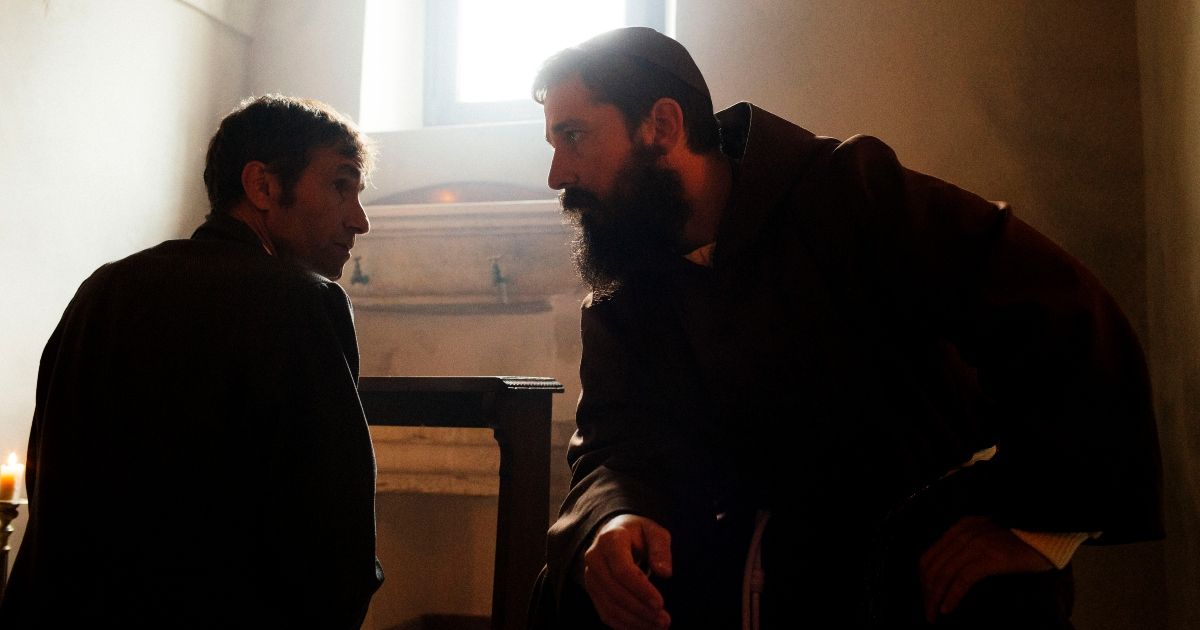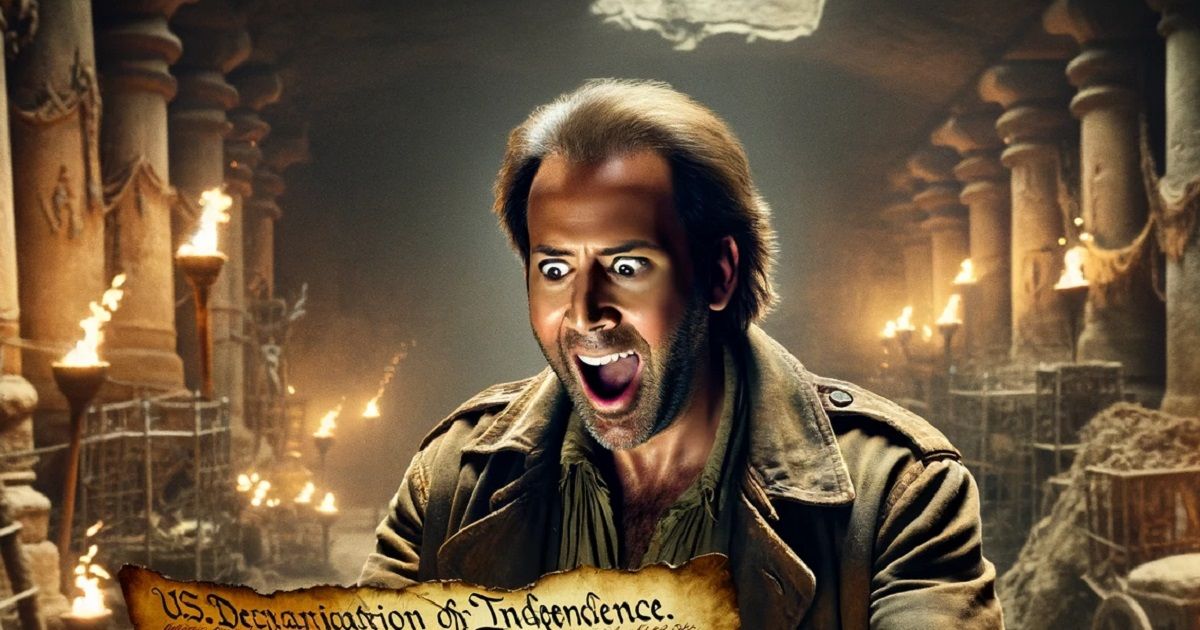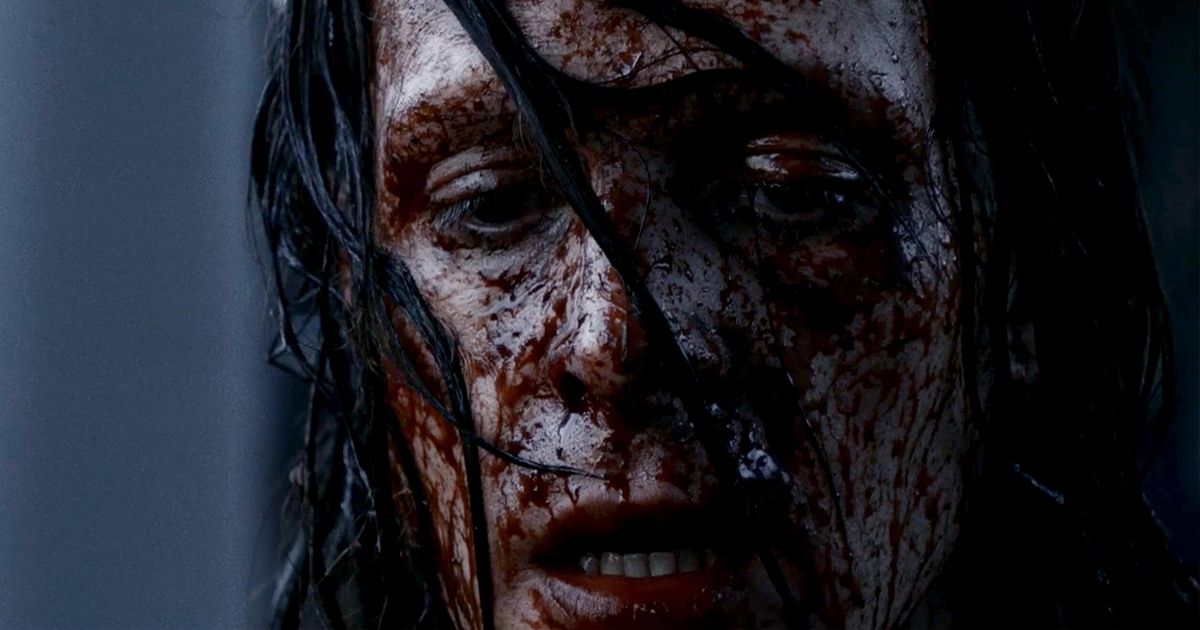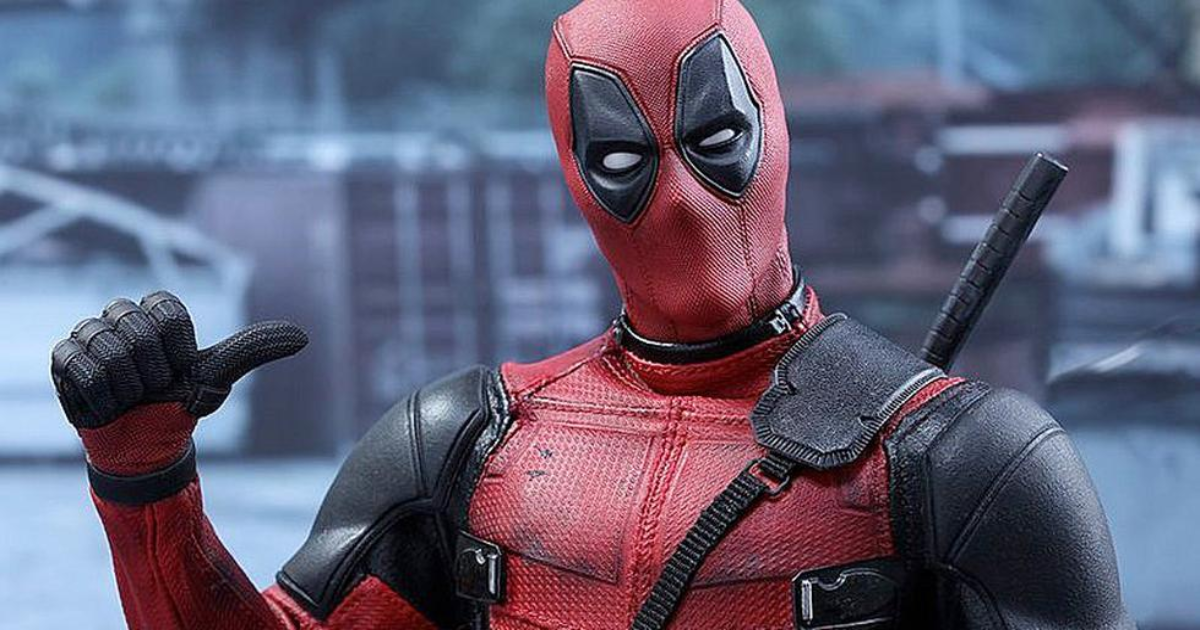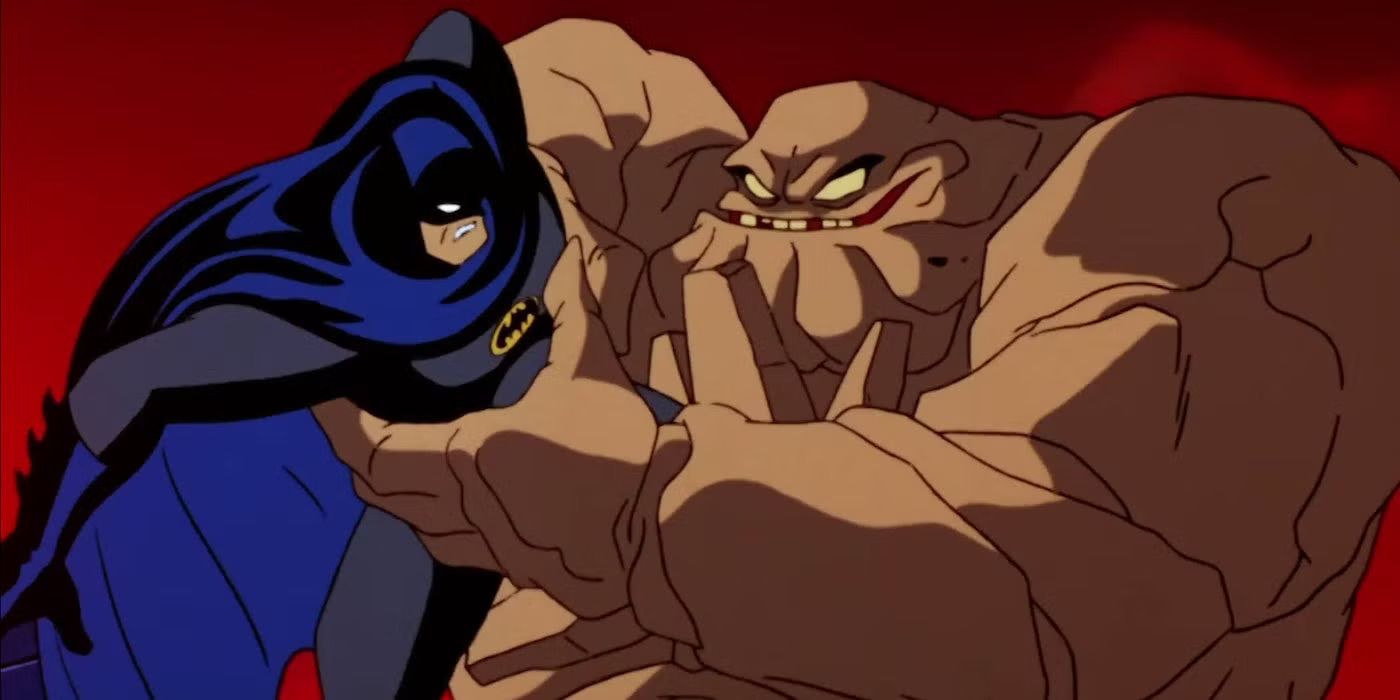A tormented priest arrives in an Italian village where a looming election pits angry peasants against wealthy landowners. Padre Pio, the latest from auteur Abel Ferrara, chronicles the formative years of a future Catholic saint with a bizarrely unbalanced narrative. What could have been a gripping portrayal of faith in times of crisis devolves into a dull slog. The protagonist never interacts with the socioeconomic upheaval happening around him. Injustice plays second fiddle to tedious religious dogma in a film that severely tests your patience.
Padre Pio (Shia LaBeouf) rides a donkey towards the Franciscan Capuchin monastery at San Giovanni Rotondo. He devoutly prays for guidance under the searing son. God can be his only savior from heavy burdens. In the village below, soldiers return bearing the brutal scars of World War I. Giavanni (Cristina Chiriac) clutches her two young children as she looks for her husband. He’s nowhere to be found as others weep, either with joy or despair. She’s relieved when he’s not listed among the dead.
MOVIEWEB VIDEO OF THE DAYSCROLL TO CONTINUE WITH CONTENT
Gerardo (Marco Leonardi) triumphantly drives into town. He’s lauded by his brother, Renato (Brando Pacitto), as an Italian hero. Their family has owned the farmland for generations. Renato is the favorite for mayor in the first election. Luigi (Vincenzo Crea) doesn’t share their confidence. He loudly preaches socialist principles to anyone who will listen. The Russians overthrew their oppressors. Why should the people continue to labor and toil for the born rich?
A Bloody Lesson
Gravitas Ventures
Nightmares haunt Pio. He screams in anguish as the other friars try to comfort him. Meanwhile, Luigi holds a meeting with an important visitor. Silvestro (Luca Lionello) doesn’t believe in a revolution. The socialists will win the upcoming election and force fair wages. They are interrupted by soldiers who curse them as traitorous cowards. Luigi spits at their feet. They’ve betrayed their own class. Vincenzo (Salvatore Ruocco) hungrily eyes Giavanni. He reports the disrespect to Gerardo, who gathers his troops to teach Silvestro a bloody lesson.
Related: Best Movies with Religious Themes, Ranked
Luigi and Gerardo represent the different factions of classism. Gerardo believes the people deserve nothing. They exist to serve his family. He’s furious to catch the impoverished stealing crops. Luigi is an unabashed Marxist. No one should own the land. Everything must be distributed equally to the workers. The threat to longstanding social order is evident. But Gerardo and his soldiers are armed to the teeth.
Pio has zero involvement in the stewing conflict. He’s entrenched at church listening to suffering confessions with a constant refrain. Prayer and faith in God will be your savior. Ferrara (King of New York, Bad Lieutenant) shows an inkling of Pio’s supposed healing touch. His visions are bringing him closer to enlightenment but doesn’t impact the people in any meaningful way. They’re cruelly subjugated with no recourse. Are we to infer that Pio’s bestowed grace is solace enough?
Padre Pio’s Mystic Awakening
Ferrara muddies his intentions with a failed approach. Padre Pio runs along two tracks that needed a meaningful connection. The straightforward rebellion and priest’s mystic awakening detract from each other. LaBeouf, a tremendous actor, seems completely out of place. He also doesn’t have an Italian accent which makes no sense whatsoever.
Padre Pio is a production of Capstone Global, Interlinea Films, Maze Pictures, and Carte Blanche. It will have a limited theatrical and concurrent VOD release on June 2nd from Gravitas Ventures.
You can view the original article HERE.













